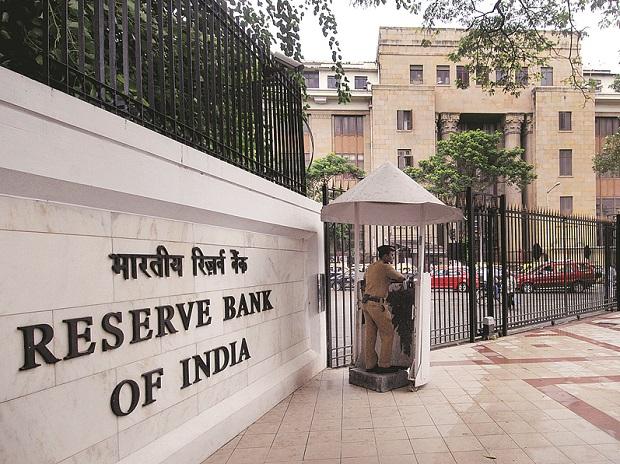One of the factors that can have a significant impact on the prices of cryptocurrency is the attitude of policy towards an instrument that has been viewed with considerable suspicion since its inception. A sort of prejudice that is quite understandable, in light of the fact that one of the distinctive features of cryptocurrency is the decentralization.
If the Venezuela he even opted for the launch of one of his projects, the Petro, with the obvious intention of bypassing the financial difficulties created by the US embargo and the continuous devaluations of its official currency, India instead, it is one of the countries that have so far adopted the hard line towards cryptocurrencies. It was the central bank, Reserve Bank of India, to interpret this attitude towards virtual uniforms with particular force, imposing a series of increasingly rigid stakes.
A policy that has pushed many companies engaged in the sector, starting from ZebPay, to transfer its operating offices to countries with more favorable legislation, in this case Malta, while continuing to operate in the populous Asian state.
An attitude that has never been changed, if you only think about how they have been chasing each other for months rumors related to a further tightening, such as to lead practically to ostracism towards everything that has to do with cryptocurrencies. Furthermore, rumors confirmed by a report published at the end of April, in which the hypothesis of a forthcoming ban on virtual uniforms was overshadowed.
Nasscom's requests
In such a problematic framework for Bitcoin and his sisters, however, the position taken by Nasscom, an association that sees the presence of the most important companies and institutions related to the world of IT. A real Trade Union which is entrusted with the task of representation towards the political world, which decided to reopen the issue, becoming the interpreter of the needs of a world that evidently looks with extreme interest at digital uniforms, considering them the possible answer to real needs and not a mere speculative instrument.
Secondo The Economic Times, which gave the news on May 16, just Nasscom would have placed himself at the head of a composite front that aims to change the direction of the Indian central bank. In particular, the high demand from proposers would be to include products connected to digital currencies in its regulatory sandbox, where it was decided to test blockchain technology, but not cryptocurrencies, ICOs and exchanges. A a decision which, moreover, has also been criticized by the Payments Council of India, according to which it would be complicated to reach convincing results in terms of innovation precisely because of the real hole caused by an orientation of this kind.
India relies heavily on hi-tech
It should also be underlined how India has focused on innovation in recent years, leveraging on presence of university institutions now recognized worldwide and able to supply and train human material that can give hi-tech a further boost.
A training fabric that mixes with presence of many small or medium-sized companies who do not have the necessary resources to be able to move their gravitational center beyond national borders. Many of these startups immediately showed great interest in the reality of blockchain, seen as the possible flywheel for possible growth in the future. Precisely these companies are the most interested in a revision of the hard line carried out so far by the Indian government and therefore look with great hopes on Nasscom's move.


